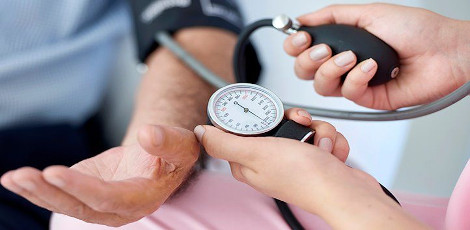Side Effects of Consuming Too Much Watermelon!

Eating bulky amounts of watermelon may instigate side effects in some people. Watermelon, fat free and a rich source of vitamins A, B6 and C, also holds potassium and valuable innate-plant chemicals including lycopene and citrulline. Even though pondered healthy, eating huge amounts of this fruit possible can end in hostile effects, such as digestive problems and cardiovascular and nerve illnesses. Constituents of watermelon may even trigger positive side effects.
Constituents of Watermelon: Watermelon comprises huge volume of the phytochemical lycopene, perchance more than the lycopene-rich tomato. A recent U.S. Agricultural Research Service states 1 1/2 cups of watermelon holds 9 to 13 mg of lycopene. This red plant pigment affords watermelon its colour and may behave as a tough antioxidant to lessen the menace of cancer and other diseases. Watermelon also comprises of mediocre ratios of potassium, a mineral deemed vital for the regular operation of all body cells, organs and tissues. Healthy adults require a dietary consumption of 2,000 mg of potassium every day. Another phytochemical content in watermelon termed citrulline is transformed to arginine, a protein-crafting amino acid, which supposedly doles the heart and circulation.
Gastrointestinal: Though mainly assessed safe and healthful, 30 mg or more of the lycopene in watermelon can possibly initiate hostile side effects. Consumption of large amounts of lycopene-rich foods, such as tomatoes and watermelon, may bring in gastrointestinal disorders. The American Cancer Society says that one review avowed the effects of a lycopene-rich supplement on a patient. The patient eat a tomato supplement comprising 15 mg of lycopene two times a daily and suffered intestinal ailments like nausea, vomiting, diarrhoea, indigestion and bloating.
Hyperkalaemia: Intake of high volume of foods holding potassium, such as watermelon, might negatively affect people spotted with hyperkalaemia, or excessive potassium in their blood. Hyperkalaemia can possibly upshot in risky cardiovascular effects like irregular heartbeats, a weak or deficient pulse and cardiac detention and also poorly affect nerve and muscle control. The kidneys eliminate excess potassium from the body, and hyperkalaemia frequently fallouts from kidney crash, regarding to MedlinePlus. A classic wedge of watermelon, or 3 cups, holds around 560 mg of potassium. This is excessive for people with stern kidney disorders. A minor portion of 1 cup of watermelon has potassium levels of only 176 mg.
Impotence: Guzzling plenty of watermelon may instigate effects akin to the erectile dysfunction drug sildenafil. The arginine, secreted by citrulline after eating watermelon, seemingly kindles nitric oxide which eases blood vessels in a type similar to sildenafil drug. Many explanations for impotence subsist, but the additional nitric oxide acquired from ingesting watermelon may help men wanting better blood flow get an erecection and augment their heart health simultaneously.







